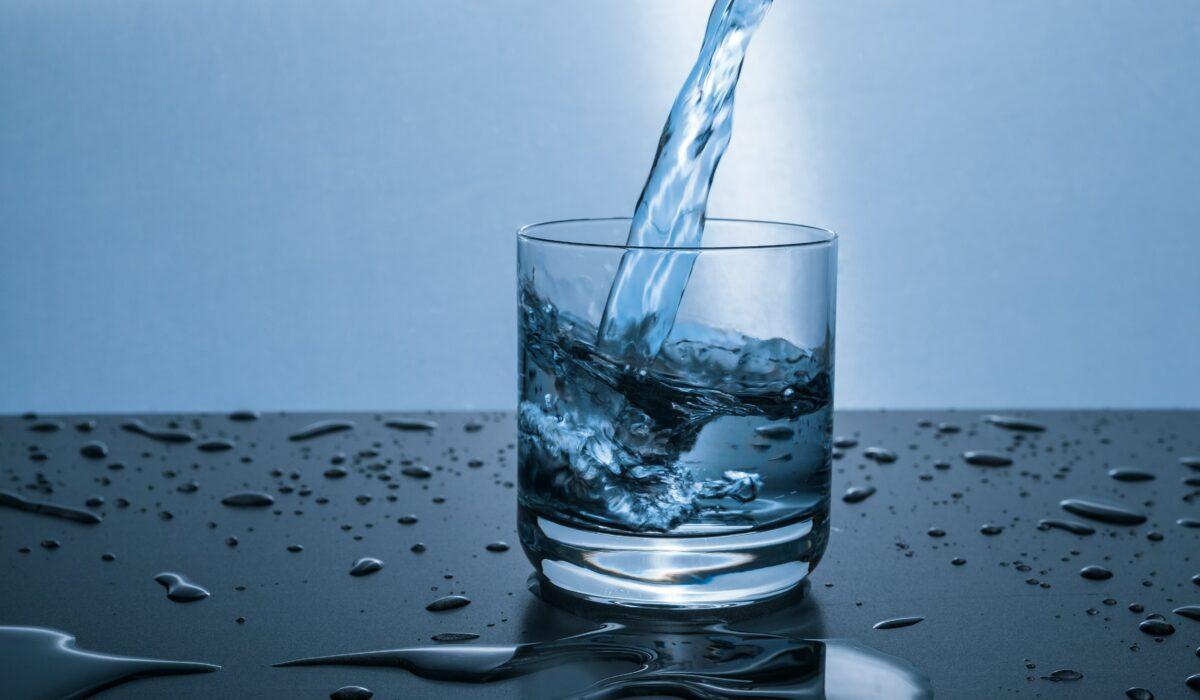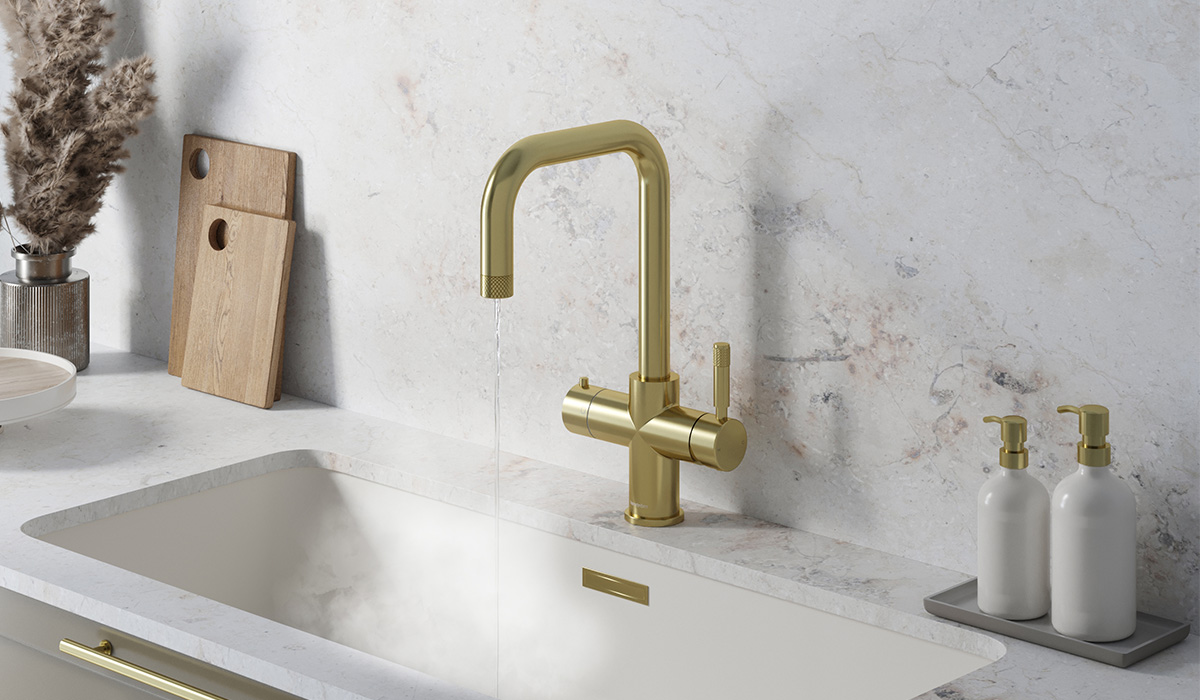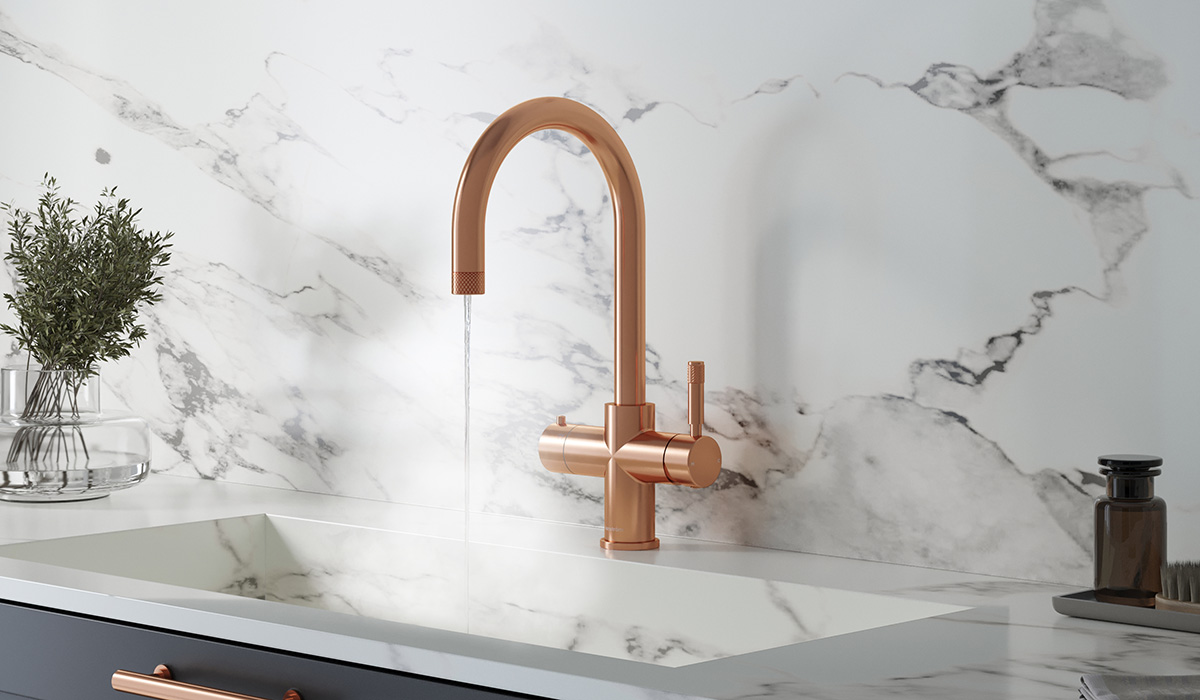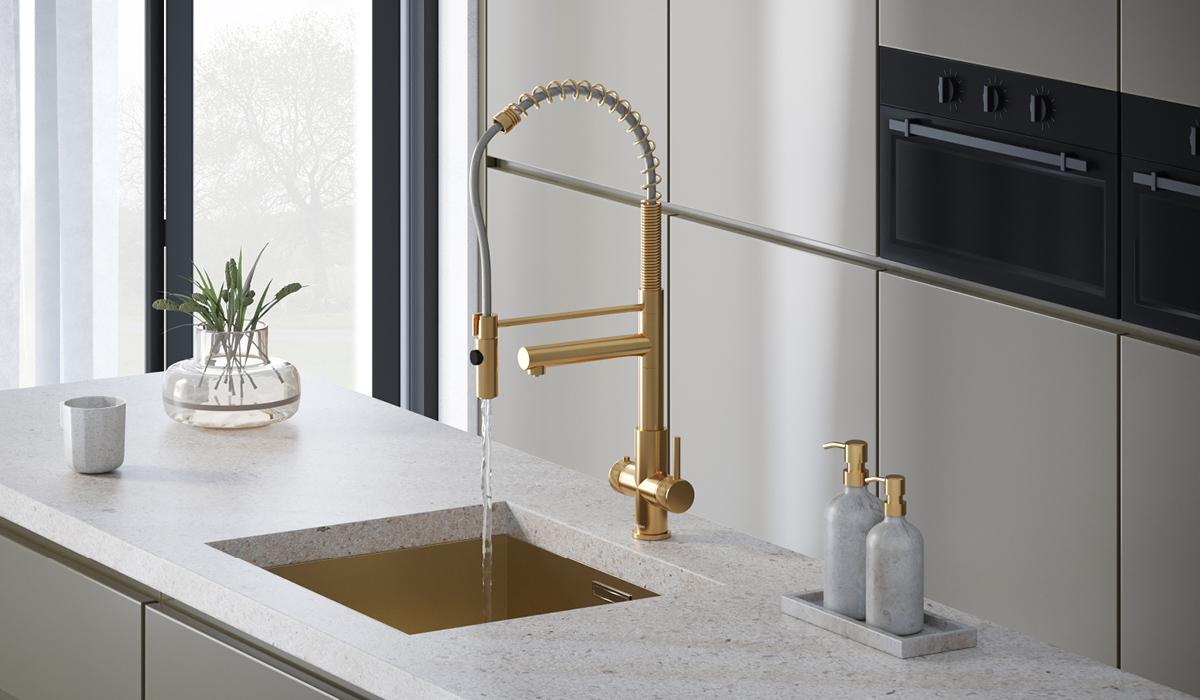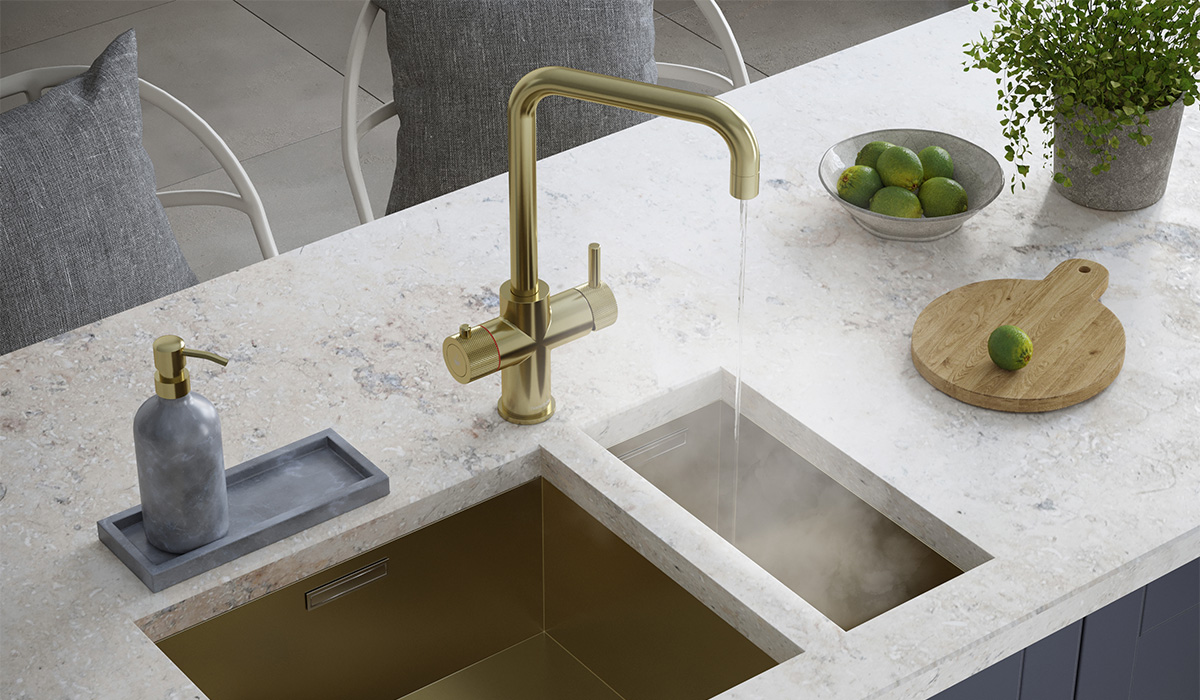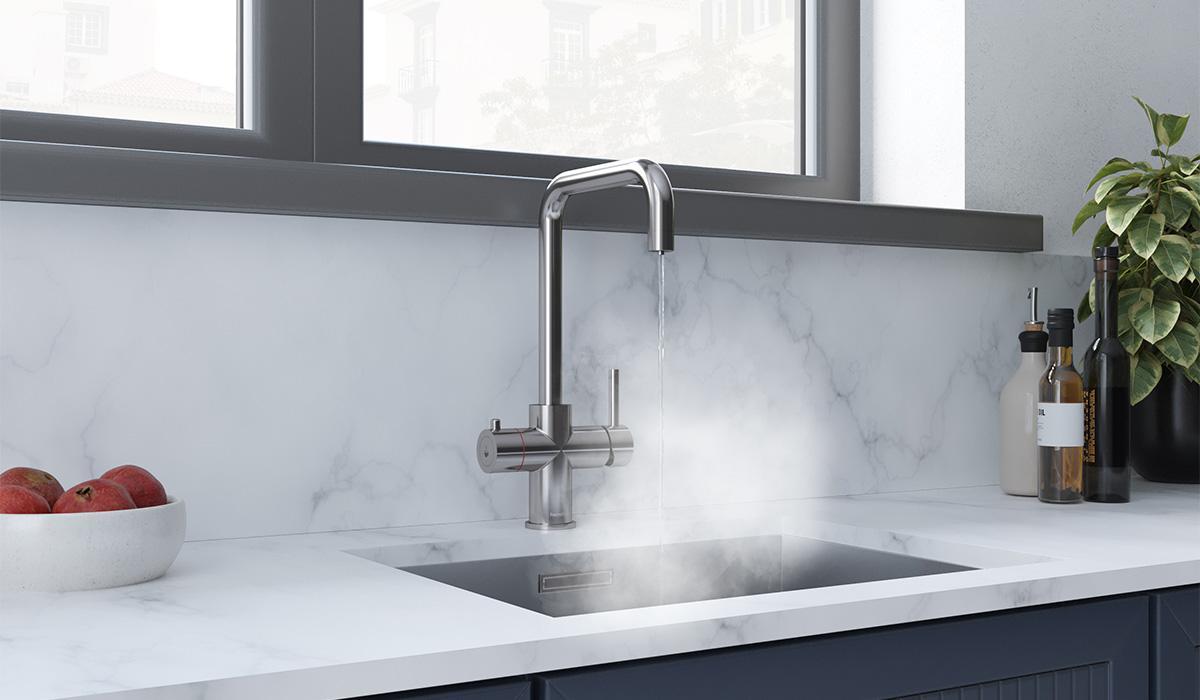As a homeowner, you’re likely no stranger to the idea of boiling water for purification. This age-old technique has been passed down through generations, but have you ever wondered if it’s truly effective? Are there any bacteria that can survive boiling temperatures?
In today’s blog post, we’ll dive into:
- The science behind boiling water
- Its effectiveness in purifying water
- Whether it kills potentially dangerous microbes
So, does boiling water really purify it? Let’s find out!
What happens to water when you boil it?
Boiling water is a fascinating science experiment that almost anyone can perform. As the water heats up and approaches 100°C, several changes occur:
- Physical properties change: Water undergoes a dramatic transformation as it nears its boiling point.
- Bubbles form: Before transitioning into steam and vapour, bubbles appear at the bottom of the container and gradually rise to the surface.
- Surface explosion: Eventually, the entire surface erupts with bubbles.
By observing these changes, we can better appreciate why water is such a crucial resource for all living organisms.
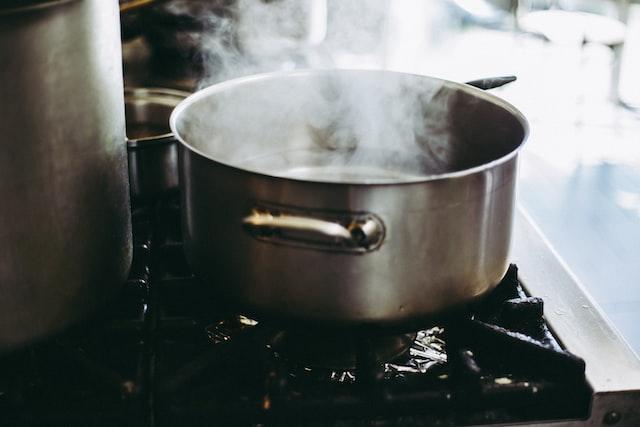
Does boiling water remove chemicals from the water?
Boiling water does more than just killing bacteria; it can also remove some chemicals. Here’s what you need to know:
- Organic and inorganic compounds: Some compounds, such as chlorine and heavy metals like lead, can be significantly reduced by boiling.
- Partial purification: While boiling doesn’t completely purify tap water, it can make it safer for basic cleaning or gardening tasks.
However, there are some limitations:
- Biological contaminants and pharmaceuticals: Boiling won’t eliminate these substances. They require filtration and chemical treatment, such as chlorine or ozone.
Fluoride
Unfortunately, boiling water does not remove fluoride. To eliminate this hazardous contaminant, water must undergo a special process involving:
- Anion exchange resins
- Reverse osmosis
Chlorine
Many people wonder if boiling water removes chlorine. The short answer is yes. Boiling water for upwards of 15 minutes causes the chlorine to evaporate. After boiling, you’ll notice a difference in smell and taste compared to non-boiled chlorinated water. Boiling drinking water ensures:
- Safe, clean, and healthy water
- Removal of pathogens like bacteria and viruses
Lead
Contrary to some claims, boiling water does not remove lead. The only way to eliminate this dangerous contaminant is through an appropriate treatment system.
However, there’s good news for UK residents: lead is virtually nonexistent in UK tap water, so boiling water to remove it is unnecessary.
Is tap water purified when you boil it?
Boiling water eliminates bacteria, but it does not make tap water pure. Municipalities primarily focus on ensuring bacteria-free tap water, as it’s the only contaminant legally required to have zero presence.
However, other contaminants such as heavy metals, pharmaceuticals, pesticides, insecticides, and various organic and inorganic substances are not removed by boiling water. In fact, boiling may increase the concentration of these contaminants.
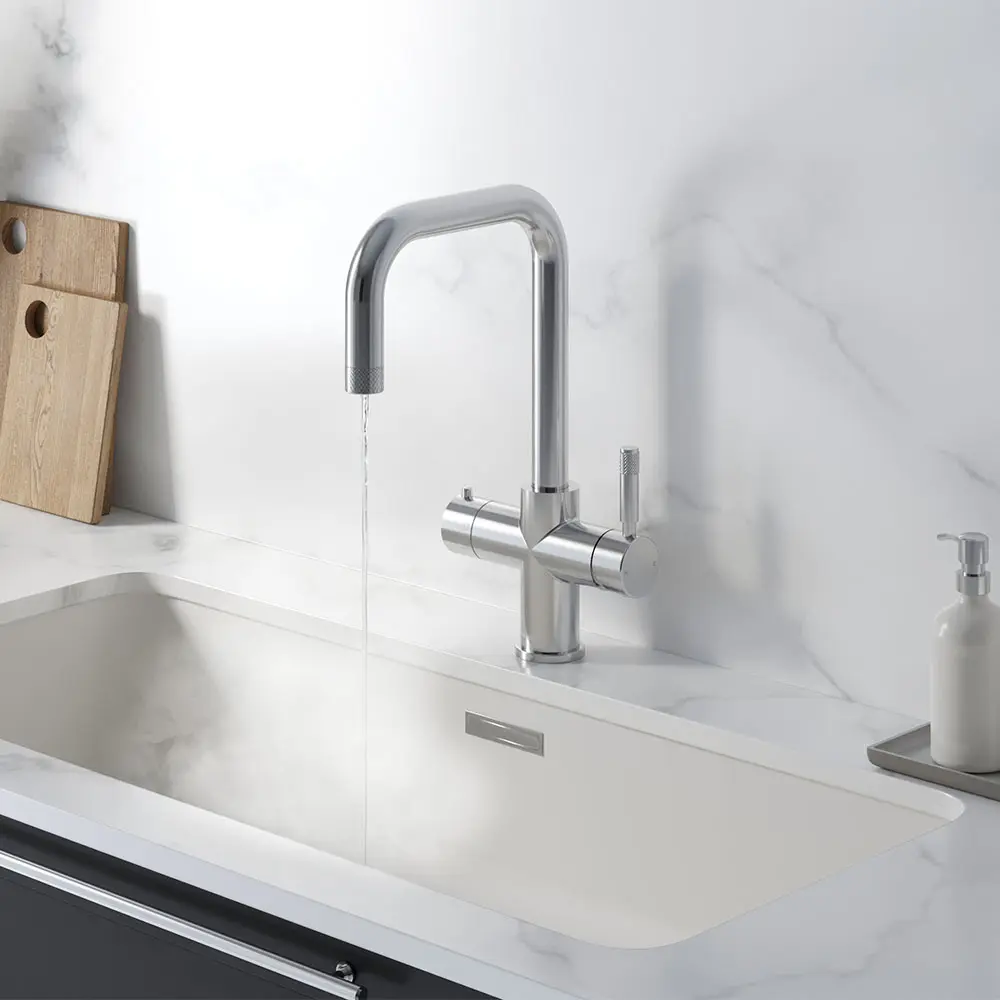
What’s the Solution?
We recommend a series of three water purification systems to provide the highest quality of water when using tap water.
- Reverse Osmosis for Drinking Water Purification
- Whole-House Dechlorination
- Whole-House Water Softening
These systems ensure high-quality water for every use.
What other methods can you use to purify water?
Besides boiling, there are several other methods for purifying water:
- Filtration: Using a simple water filter or a more advanced reverse osmosis filtration system, both effectively remove suspended particles and contaminants from the water.
- Settling: This natural process involves allowing water to sit undisturbed, causing heavier particles to sink to the bottom and separate from the cleaner water on top.
- Distillation: This method involves heating water until it turns into steam, then collecting and condensing the steam back into liquid form. Distillation removes impurities, but it requires more time and effort.
Each of these methods has its own pros and cons, and the choice depends on the specific requirements and available resources.
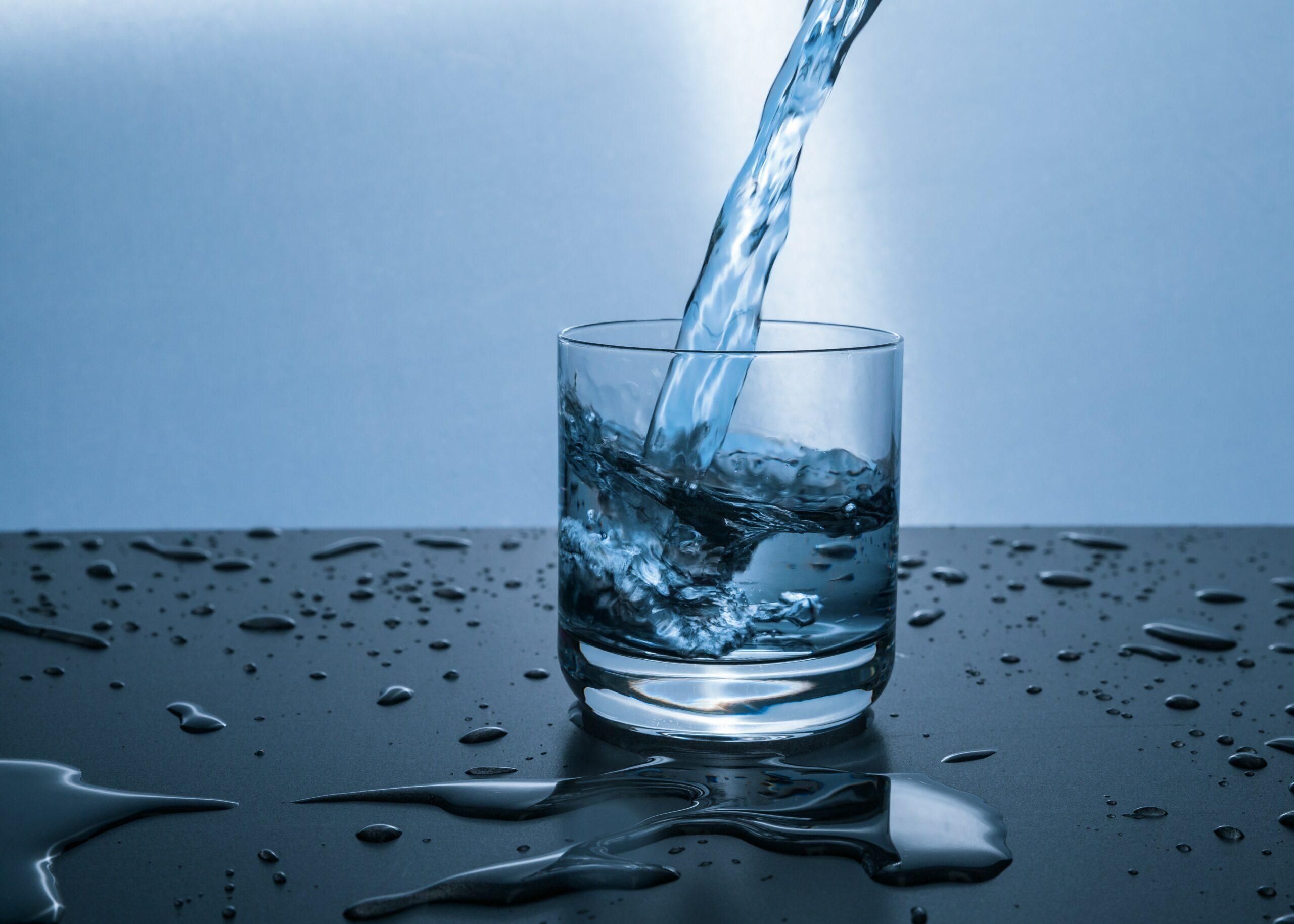
How long should you boil water for to purify it?
Boiling water is highly effective in purifying it, killing 99.9% of potential contaminants. To ensure safety, follow these guidelines:
- Boil water for at least one minute (as recommended by the CDC)
- Add an extra minute or two for added security
Boiling eliminates bacteria, viruses, and other organisms in water through denaturation, rendering them unable to reproduce. However, it doesn’t remove chemicals like lead, fluoride, and arsenic.
While boiling is an excellent temporary solution, using a filtering system is recommended for long-term protection and complete removal of all contaminants from your water.
Does boiling tap water make it taste better?
Boiling tap water may make it safer to drink, but the taste might not change significantly. Although boiling serves as a form of purification, it is not as comprehensive as using a filter or reverse osmosis system.
Some people believe that boiling tap water improves its taste by reducing mineral content and eliminating bacteria. While boiling does reduce minerals like iron and sulfur, there is no concrete evidence to suggest that these reductions noticeably enhance the water’s taste.
In conclusion, boiling tap water might make you feel more confident about drinking it, but don’t expect a significant difference in taste.
Can you boil river or sea water and drink it?
Boiling river or seawater can effectively kill bacteria and pathogens, reducing the risk of water-borne illnesses such as dysentery or diarrhoea. However, boiling does not remove salt from the water.
Drinking river or seawater without proper purification processes that remove salts and other organisms still poses health risks. In emergency situations where access to clean drinking water is limited, boiled river or seawater may serve as a temporary solution. However, for long-term health and wellness, it’s crucial to find an alternative source of clean drinking water.
How to test your tap water for contaminants
If you have concerns about your tap water’s quality, testing is a smart way to ensure safety from potential contaminants. There are several methods for testing tap water:
- At-home kits: Marketed towards homeowners, these DIY kits provide general information about common contaminants.
- Professional laboratory analysis: Lab tests offer more accurate results and can include a wider range of contaminants.
Follow all instructions carefully to obtain reliable results. Knowing your water’s contents is crucial for protecting your family’s well-being.
What is water hardness?
Water hardness measures the presence of certain minerals, primarily calcium and magnesium, in water. Hard water can:
- Cause deposits that affect plumbing fixtures and appliances
- Clog pipes over time with scale buildup
- Reduce soap’s lathering effectiveness
- Leave spots on dishes or clothing after washing
Although soft water is generally preferred for drinking and cooking due to its lower mineral content, some people enjoy the taste of hard water because of its higher mineral levels. It’s essential to know your home’s water hardness level for plumbing and appliance maintenance and to find the best-tasting drinking water.
Experience the Convenience of Hanstrom’s Boiling Water Taps
Imagine having instant access to filtered boiling water right at your fingertips, alongside regular hot and cold water. With Hanstrom’s innovative 3-in-1 and 4-in-1 taps, this dream becomes a reality. Transform your kitchen experience with these sleek and modern taps that emphasise convenience, efficiency, and style.
The Benefits of Hanstrom’s Boiling Water Taps
Hanstrom’s 3-in-1 taps offer:
- Filtered boiling water on demand
- Regular hot and cold water
For those seeking an added touch of luxury, Hanstrom’s 4-in-1 taps provide an additional benefit:
- Filtered, chilled water – perfect for a refreshing drink on a hot day
Why choose Hanstrom’s boiling water taps? Here are just a few reasons:
- Save time: No more waiting for kettles to boil or pots to heat up on the stove
- Safety: Built-in safety features help prevent accidental burns and scalds
- Elegant design: Enhance your kitchen’s aesthetics with a range of finishes and styles
- Ease of use: Intuitive controls make it simple for everyone in the family to use
Isn’t it time you upgraded your kitchen experience with a Hanstrom boiling water tap? Discover the convenience, efficiency, and modern design that will revolutionise the way you use water in your home.
Read more about the benefits of boiling water taps or learn how a boiling water tap works.
